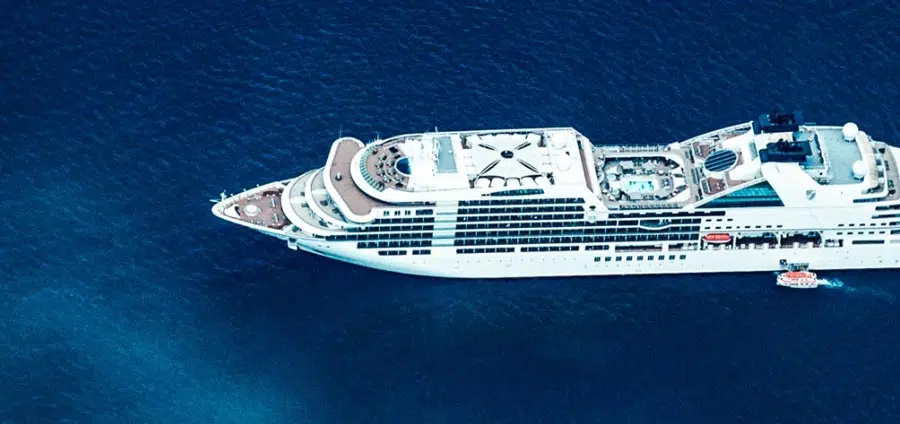Naviphobia
[/bəʊt/] n.Fear of boats
The fear of boats. On the great open sea, no one can hear you scream.

The fear of boats. On the great open sea, no one can hear you scream.
There aren’t a lot of people frightened of boats. Many more have seasickness, but they don’t have a phobia, just a lack of sea legs.
There were 480 naviphobes last year, making it by far the least common phobia in our survey. But it’s no small problem for people who have it, as it can cause sickness, panic and even fainting.
210 naval naysayers live in the USA, where fortunately, there’s a lot of open land to stay safe. 90 live in the UK, where there is a much more notable navy history, while 20 are in Canada and 10 in Australia.
Boats are much easier to avoid than some other phobias, although some sufferers claim they haunt them in their dreams. No amount of lifeboats can save you there.
Naviphobia is more than just seasickness, but the two often come hand in hand. The fear of boats can be caused by past events of nautical nausea and the very reasonable urge not to experience it again. However, it can also come from claustrophobia and even agoraphobia – feelings of being trapped inside, or open to all the elements with no way of avoiding them.
Experts even suggest that watching films like Titanic can lead to people developing naviphobia. Don’t worry, Rose will never let go…
Counseling is the most dependable way to rid yourself of boating demons. If your phobia stems from a traumatic experience, this can help you come to terms with it



